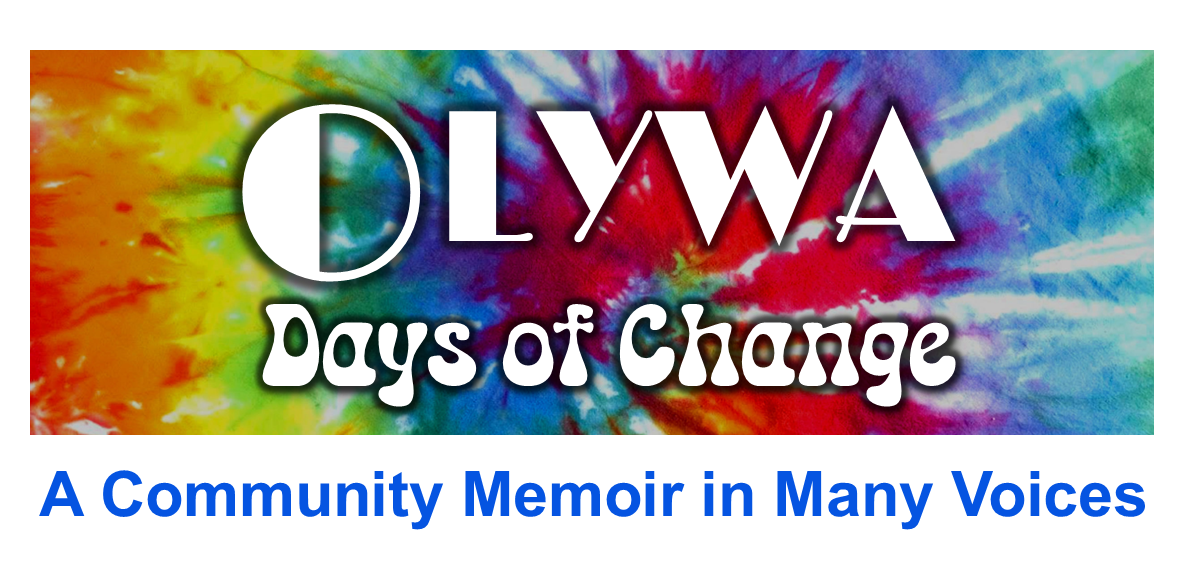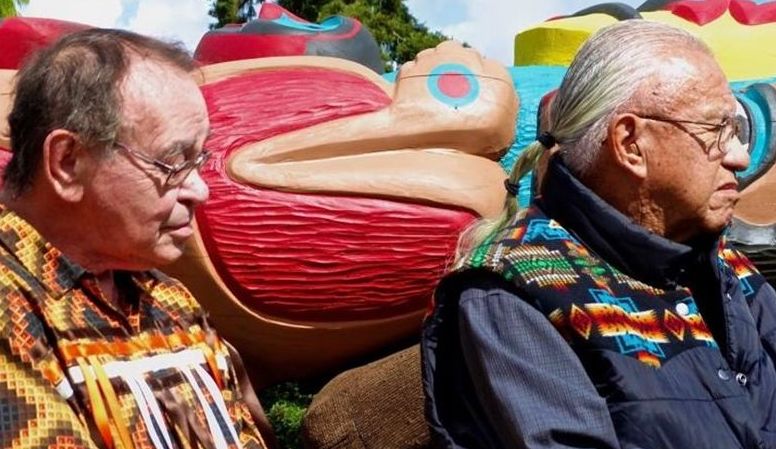From Here to El Salvador – By Beth Hartmann
At home that night, the war was present in my mind and my dreams, the images and stories haunting me. I wasn’t the only one. We were soon meeting and talking about how to organize in support of the poor of El Salvador and confront the policies of our own government that perpetuated rampant abuses. No one envisioned an antiwar movement like we had with the Vietnamese War. This was a tiny country and U.S. involvement was hidden and more subtle than boots on the ground, though there were boots on the ground in some cases.

